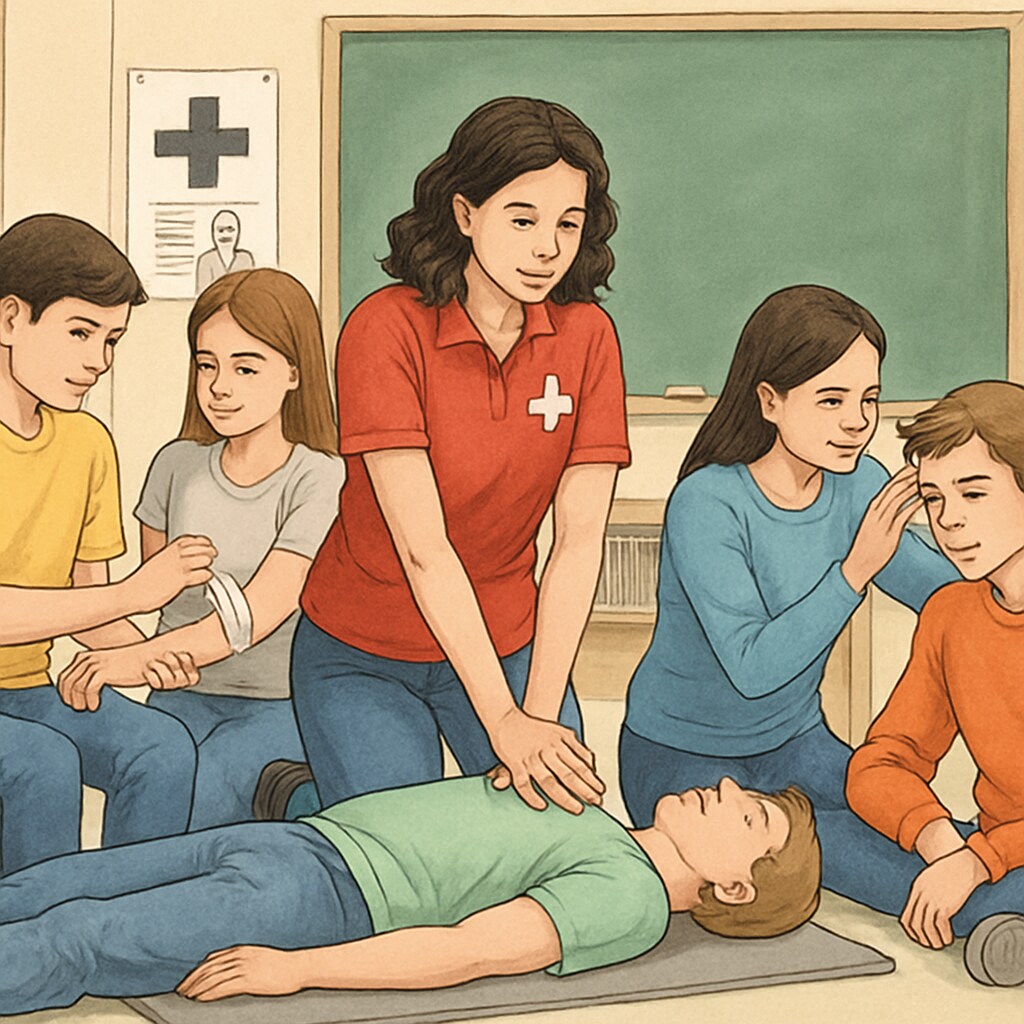Choosing the right nursing program, navigating college transfers, and gaining EMT experience can be challenging, especially while trying to maintain a well-rounded campus life. For aspiring healthcare professionals, particularly students in their K-12 years, early preparation is key to striking the right balance between academic goals and personal development. This article examines strategies to achieve harmony between career aspirations and vibrant campus engagement, laying a strong foundation for future success in nursing.
Why Early Career Planning in Nursing Matters
Starting early with career planning can make all the difference for students aspiring to enter nursing programs. The healthcare field is both demanding and rewarding, and it requires a unique blend of academic knowledge, practical skills, and interpersonal abilities. By beginning their journey in the K-12 phase, students can identify their interests and align their studies with future goals.
- Exploring Health-Related Extracurriculars: Activities such as volunteering at hospitals or shadowing nurses can provide hands-on exposure.
- Strengthening STEM Competencies: Excelling in science and math courses during high school builds the foundation for challenging nursing prerequisites.
- Researching Program Requirements: Understanding the demands of nursing programs helps students make informed choices early.
Moreover, EMT (Emergency Medical Technician) experience during or after high school can offer practical skills and a glimpse into the fast-paced world of healthcare. According to the Encyclopedia Britannica, hands-on experience in emergency care enhances adaptability and decision-making—critical qualities for nurses.

Balancing College Transfers and Nursing Program Requirements
For many students, transferring colleges becomes part of their journey to finding the right nursing program. While this process can be intimidating, careful planning ensures smooth transitions without disrupting academic progress.
Here are some tips to manage college transfers effectively:
- Understand Credit Transfer Policies: Researching how credits transfer between institutions prevents the loss of valuable coursework.
- Build Relationships with Advisors: Academic advisors play a key role in mapping out transfer paths and avoiding pitfalls.
- Focus on Core Prerequisites: Completing required courses early ensures alignment with nursing program expectations.
Additionally, students with EMT experience may find their practical knowledge useful when transitioning into clinical nursing programs. Skills like patient assessment and emergency response are not only valuable but also give students a competitive edge during admissions.

The Importance of Holistic Development for Nursing Professionals
While academic preparation and career-specific experience are crucial, personal growth and social engagement should not be overlooked. A well-rounded student is more likely to thrive in the collaborative and patient-centered environment of nursing.
Here’s how students can achieve holistic development:
- Join Campus Clubs: Participating in non-academic groups fosters teamwork and leadership skills.
- Maintain Physical and Mental Health: Balancing studies with self-care ensures long-term resilience.
- Network with Peers and Mentors: Building relationships within the healthcare community opens doors to opportunities and guidance.
In addition, the Wikipedia entry on nursing highlights the importance of empathy and communication—qualities often developed through diverse experiences outside the classroom.
By focusing on both professional and personal growth, future nurses can better serve their patients and contribute to the healthcare field as compassionate and skilled practitioners.
In conclusion, balancing nursing programs, college transfers, and EMT experience requires early planning, strategic decision-making, and a commitment to holistic development. By integrating these elements effectively, students can build a rewarding career while enjoying a vibrant and fulfilling college experience.
Readability guidance: Use concise paragraphs and bullet points to summarize key strategies. Incorporate transition words to maintain flow, ensuring clarity and engagement throughout the article.


